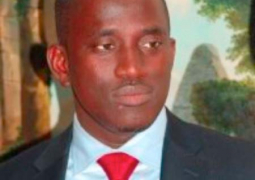In 2007 the United Nations General Assembly resolved to observe 15 September as the International Day of Democracy - with the purpose of promoting and upholding the principles of democracy - and invited all member states and organizations to commemorate the day in an appropriate manner that contributes to raising public awareness.
Democracy is a form of government in which all eligible citizens participate equally - either directly or through elected representatives - in the proposal, development, and creation of laws.
It encompasses social, economic and cultural conditions that enable the free and equal practice of political self-determination.
Democracy contrasts with forms of government where power is either held by one person, as in a monarchy, or where power is held by a small number of individuals, as in an oligarchy.
No consensus exists on how to define democracy, but equality, freedom and rule of law have been identified as important characteristics since ancient times. These principles are reflected in all eligible citizens being equal before the law and having equal access to legislative processes.
For example, in a representative democracy, every vote has equal weight, and the freedom of its eligible citizens is secured by legitimized rights.
Source: www.cute-calendar.com
“ Democracy must be built through open societies that share information. When there is information, there is enlightenment. When there is debate, there are solutions. When there is no sharing of power, no rule of law, no accountability, there is abuse, corruption, subjugation and indignation..”
Atifete Jahjaga


